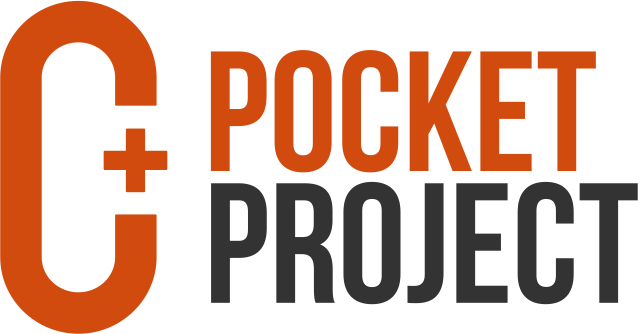Collective Trauma & Resilience – Findhorn Community
Healing our Future - Creating Purpose Through Healing our Relating
Online | English
What will we be exploring in this Lab?
We invite participants to join us on a journey of refining our inner listening and our capacity to host and integrate diverse ideas with equanimity, in order to allow healing and innovative movements.We aim to shed light on:
• The loss of connection to ourselves, our community, nature, and the wider world
• The loss of a common vision
• What's needed to sustain or return to alignment with our core values
• The individual and interpersonal conflicts underlying polarisation
• Unconscious or unspoken assumptions and agreements
• Confusion between spiritual and regressive states
Who is invited to participate?
Members of the Findhorn Community (local and extended) who:
- Can commit to attending all 12 monthly meetings
- Are keen to go through a deep personal and collective exploration
- Have or want to strengthen the capacity for introspection and the capacity to discern between personal, interpersonal, and collective issues.
The process will be facilitated by Giselle Charbonnier and Rasada Goldblatt, with the support of Jake Jay-Lewin and Ann-Christine Abbenhaus - More info HERE
More about the journey of the Lab
Our first and ongoing aim will be to foster a coherent container by synchronising body, emotions, and mind with nature and spirit; in the understanding that coherence supports undigested material to emerge and be processed.We will presence the events that shaped our community, inviting absent information to emerge and observing where we’ve departed from our core values, or where these have been distorted or misinterpreted.To conclude our journey, we’ll make space for transpersonal witnessing, reflection, and integration of the process, for noticing impulses for transformative action, and for distilling a prototype for doing similar work in other communities.
When will we be meeting?
We will meet online once a month for 2 hours. Smaller groups may be self-organised to deepen specific topics, and we will provide specific topics, and we will provide specific tools for these groups.
Schedule of meetings - 19:00 UK Time on: January 30th, February 27th, March 26th, April 23rd, May 14th, June 18th, July 23rd, August 13th, September 10th, October 15th, November 12th, December 10th.


